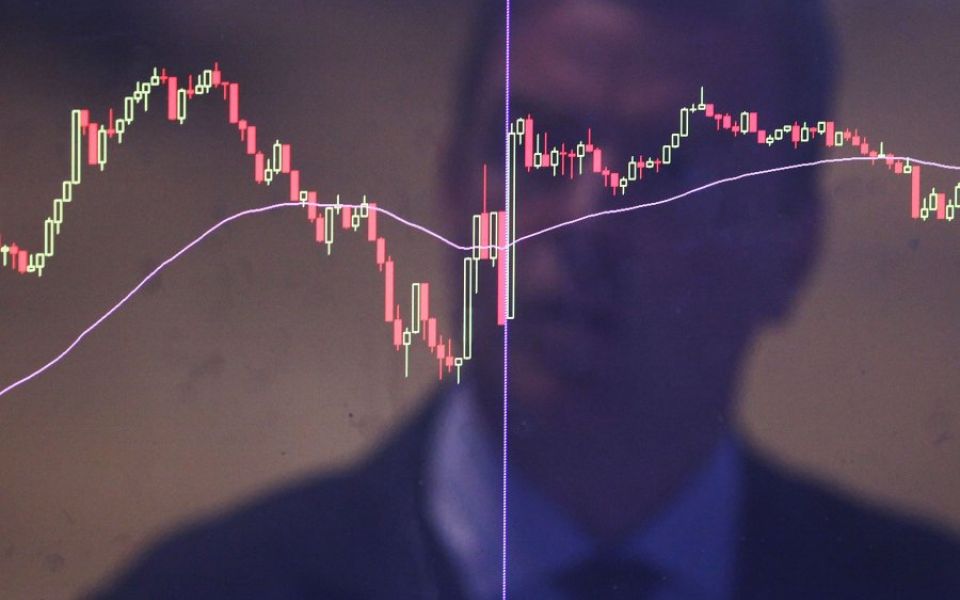
Moments move markets

The last 30 years have been one of extraordinary change in terms of how financial markets and the global economy have evolved.
When I first started in the City all the way back in 1988 as a “wet behind the ears” trainee trader, the City of London was a very different place. From chattering telex machines to rowdy and exuberant voice brokers and colleagues, the working environment was much more adversarial.
In what could be described as an unforgiving learning environment, it was also the best place to witness how global events influenced financial markets, and more than anything it taught me resilience and patience in observing how prices reacted to various stimuli.
What I didn’t realise then was that a seminal period in European and global markets was about to unfold, with the development and evolution of technology, as well as the onset of what we now know as globalisation.
These events have helped shape the nature of how not only financial markets have evolved, but how the evolution of globalisation and supranationalism has shaped events, and what we are going through today, with the rise of nationalism and populism.
The fall of the Berlin Wall was one such moment that saw the liberation of the eastern part of Germany from under 28 years of communist oppression, but it also marked a key signpost in the collapse of the Soviet Union and the integration of eastern Europe into a roadmap of wider European integration, ultimately ushering in the euro in the early part of the 21st century.
Throughout the last 30 years the breaking down of these boundaries, not only in Europe but also in Asia, helped promote a unity of purpose that saw trade flows explode as countries realised that trade more than anything had the potential to create wealth and improve lifestyles.
In recent years this unity of purpose has started to unravel due to the failings of politicians, particularly in Europe, to listen to the concerns of their populations that they were moving too fast and overreaching in the scope of their ambitions.
While it is true that global trade has increased exponentially over the past 30 years, we’ve also seen significant growing pains, with the Asian financial crisis, the dot-com boom, and the tragic events of 9/11, which prompted some aggressive policy responses from central banks, in turn leading to the events of the financial crisis of 2008, and the near collapse of the euro in 2012.
However you define these moments, they have shaped our lives; how we react, how capital has flowed through the global economy, and helped influence our everyday lives from our standard of living and how we live and breathe.
To listen to the narrative that brought us Brexit and Trump, it is understandable that some may think things have never been worse. But when I look back to the 1980s and how the world was then, that sentiment couldn't be further from the truth. What is certain, however, having seen what these events over the last 30 years have brought us, is that it is quite likely we’ll see many more moments that have the capacity to raise tensions, divide opinions, shift power and build barriers – and financial markets will continue to reflect that.
Learn more at cmcmarkets.com
Spread bets and CFDs are complex instruments and come with a high risk of losing money rapidly due to leverage. 78 per cent of retail investor accounts lose money when spread betting and/or trading CFDs with this provider. You should consider whether you understand how spread bets and CFDs work and whether you can afford to take the high risk of losing your money.
CMC Markets is an execution-only service provider. The material (whether or not it states any opinions) is for general information purposes only, and does not take into account your personal circumstances or objectives. Nothing in this material is (or should be considered to be) financial, investment or other advice on which reliance should be placed. No opinion given in the material constitutes a recommendation by CMC Markets or the author that any particular investment, security, transaction or investment strategy is suitable for any specific person.